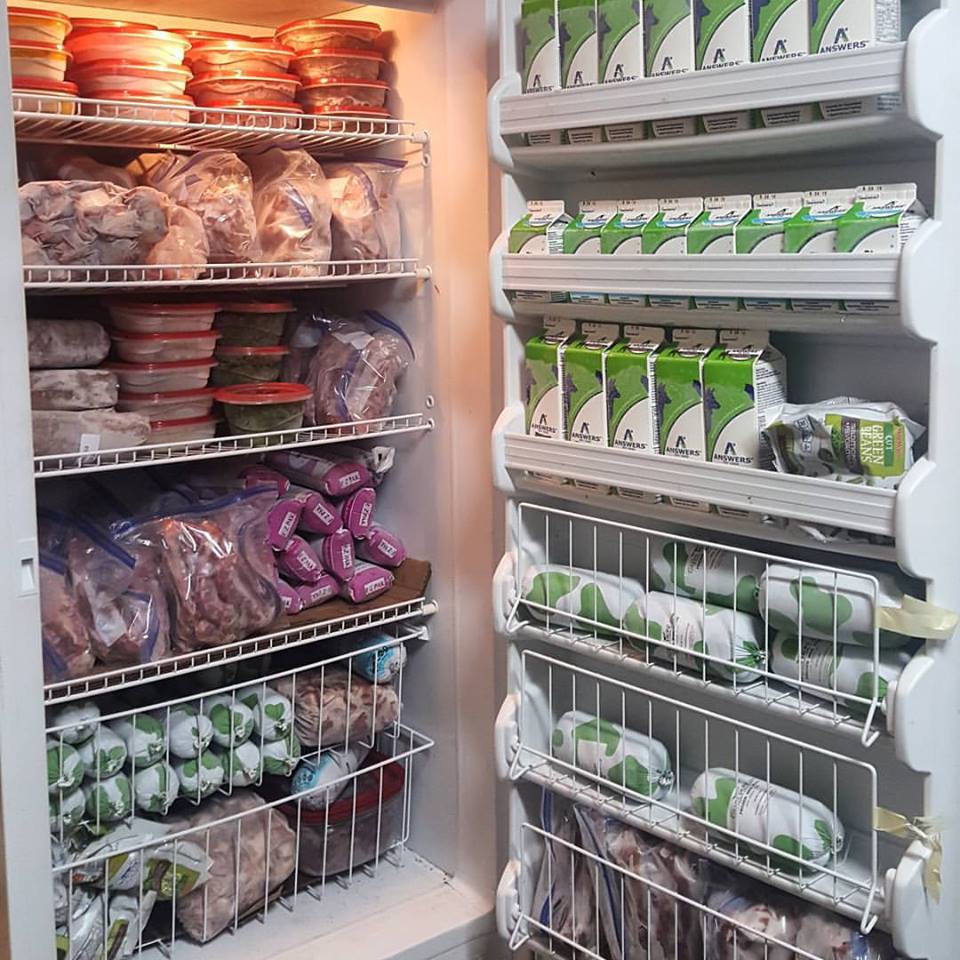For years I have been saying there is no "one size fits all" diet for our pets. When asked which company makes the best food, or what one food I recommend, there is no easy answer. Every pet is an individual, having different nutrient requirements.
When I did a google search for "best dog food" I was not surprised to see the best sellers pop up at the top of the list. Top sales generally means best advertising or most money spent on advertising (over $50,000,000 annually for one company!). Interestingly, many of those listed as "top foods" are being plagued by lawsuits for having toxic loads of heavy metals or have been incriminated as contributing to dilated cardiomyopathy in dogs and cats.
Even in our household, there is no one-size-fits-all food that is right for our pack of hounds. George and Pookie seem to have iron-clad stomachs, wolfing down anything put in their bowls, and making perfect poo with their well-tuned digestive systems. They seem to tolerate foods with higher fat content, home-made raw or cooked foods, and treats they snag from the grandparents.
Scout, our 17-year-old Cocker Spaniel suffered from serious pancreatitis after he had to undergo bilateral ear canal ablation two years ago and was treated with high doses of steroids for the nerve damage caused by surgery. Since that time, he has not been able to tolerate high-fat foods, requiring specially prepared diets or low-fat food that we purchase. Beef tends to cause instant pudding-poo due to the higher fat content. He's not a fan of fish, so that's another protein source gone. He does well on rabbit, alpaca, llama and venison, which are lean meats. He's having trouble maintaining weight on his low-fat diets, so we've added starchy carbohydrates to his meals.
Our 13-year-old Cavalier, Shayna, has similar issues. Her tolerance for fat in the diet has decreased and she does not do well on beef. She used to be energetically hot (Yang), but has become more Yin (cold) in her old age. This has resulted in a leaky bladder from the cold in her Kidney system. (TCVM) Chicken, pheasant, venison, llama, and alpaca seem to work best for her. Finding diets with novel proteins can be challenging, but fortunately, we enjoy making food for our dogs and have found resources for weird ingredients.
Charlie, our 18-year-old Cavalier King Charles Spaniel, has been the biggest challenge lately. For the first eight years after adoption, he ate a variety of raw diets with no trouble. But a year and a half ago he developed hemorrhagic gastroenteritis that almost took his life while we were traveling in our RV. Since that time, Charlie's digestive tract has been very sensitive. He does not tolerate raw food at all, but that's not unusual for a guy his age. The digestive system gets weaker with age, along with most other organ systems. Another contributing factor is all the heart medications Charlie has to take, which can cause loose stools. After much experimentation, we have resorted to feeding a diet high in carbohydrates, including potatoes, peas, and carrots - ingredients that we generally avoid for our dogs. This has helped him maintain weight and muscle mass by feeding him easily digestible calories. We generally have to include an herbal product to help him make formed stools.
So, when you ask which food is best for your pet, I cannot give you an easy answer. Anyone who tells you one food is the perfect food for every dog is not well versed in the challenges associated with raising pets with different medical issues, dietary requirements, and ages. Sometimes it takes trial and error to get the right food into the bowl. And just when you think you have it figured out, they'll probably decide they need something else.

